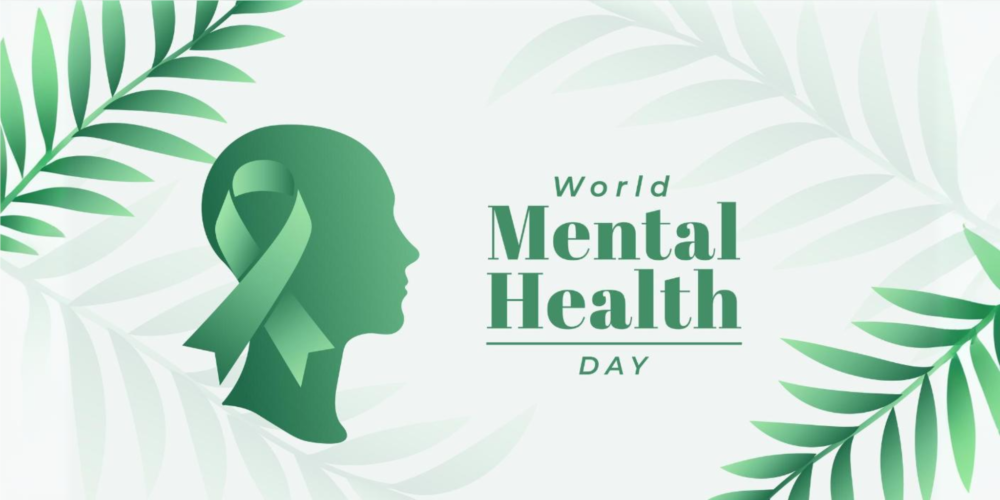Dilute vaccine misinformation with large amounts of scientific evidence: US FDA experts
Author
Author
- admin / 1 year

- 0
- 3 min read

Author
Vaccine hesitancy brings about a substantial risk to the population’s immunity against vaccine-preventable infectious diseases and could potentially lead to thousands of deaths.
Plummeting vaccination rates currently pose a major public health challenge in the United States. A recent viewpoint article in the Journal of the American Medical Association (JAMA) by Peter Marks and Robert Califf from the US Food and Drug Administration (FDA) sheds light on the pressing issues surrounding vaccine acceptance and its potential consequences.
The authors highlight the inadequate vaccination rates against respiratory pathogens such as COVID-19, influenza, and respiratory syncytial virus (RSV). The urgency of improving acceptance, especially among older individuals and children, cannot be overstated.
Here are some key insights from the thought-provoking article:
- Reluctance of individuals: The increasing reluctance of individuals to get vaccinated is driven by several factors, ranging from safety apprehensions to religious beliefs. This hesitancy brings about a substantial risk to the population’s immunity against vaccine-preventable infectious diseases and could potentially lead to thousands of deaths.
- Communication challenge: Despite the success of vaccines in preventing morbidity and mortality, the authors highlight the challenge of communicating the ongoing benefits of vaccination. With diseases like smallpox and polio eradicated in the US, complacency has set in the individuals and many may underestimate the actual risk of forgoing vaccination. The authors call for a redoubling of efforts to provide clear, plain-language information on both individual and collective benefits and risks associated with vaccination.
- Misinformation on social media: Vaccine hesitancy, particularly towards childhood vaccines like the measles, mumps, and rubella (MMR) vaccine, can be largely attributed to misinformation on social media. The clusters of vaccine hesitancy in middle- to high-income areas, where parents preferred social media narratives over evidence-based vaccine information delivered by clinicians, underscore the need for targeted interventions. The best way to counter the current large volume of vaccine misinformation, they say, is to dilute it with large amounts of truthful, accessible scientific evidence.
- Role of healthcare providers: Clinicians, including retail pharmacists, are identified as trusted sources of information. The authors emphasise the importance of these healthcare professionals in countering vaccine misinformation and promoting evidence-based decision-making. Healthcare professionals need to convey the clear benefits of vaccination in preventing severe illness, hospitalisation, and death.
By combating vaccine misinformation with accurate scientific evidence and creating a deeper understanding of the benefits and risks of vaccination, we can safeguard public health and prevent the resurgence of vaccine-preventable diseases.
Read More : Measles: Misinformation-fuelled vaccine hesitancy puts children’s lives at risk









